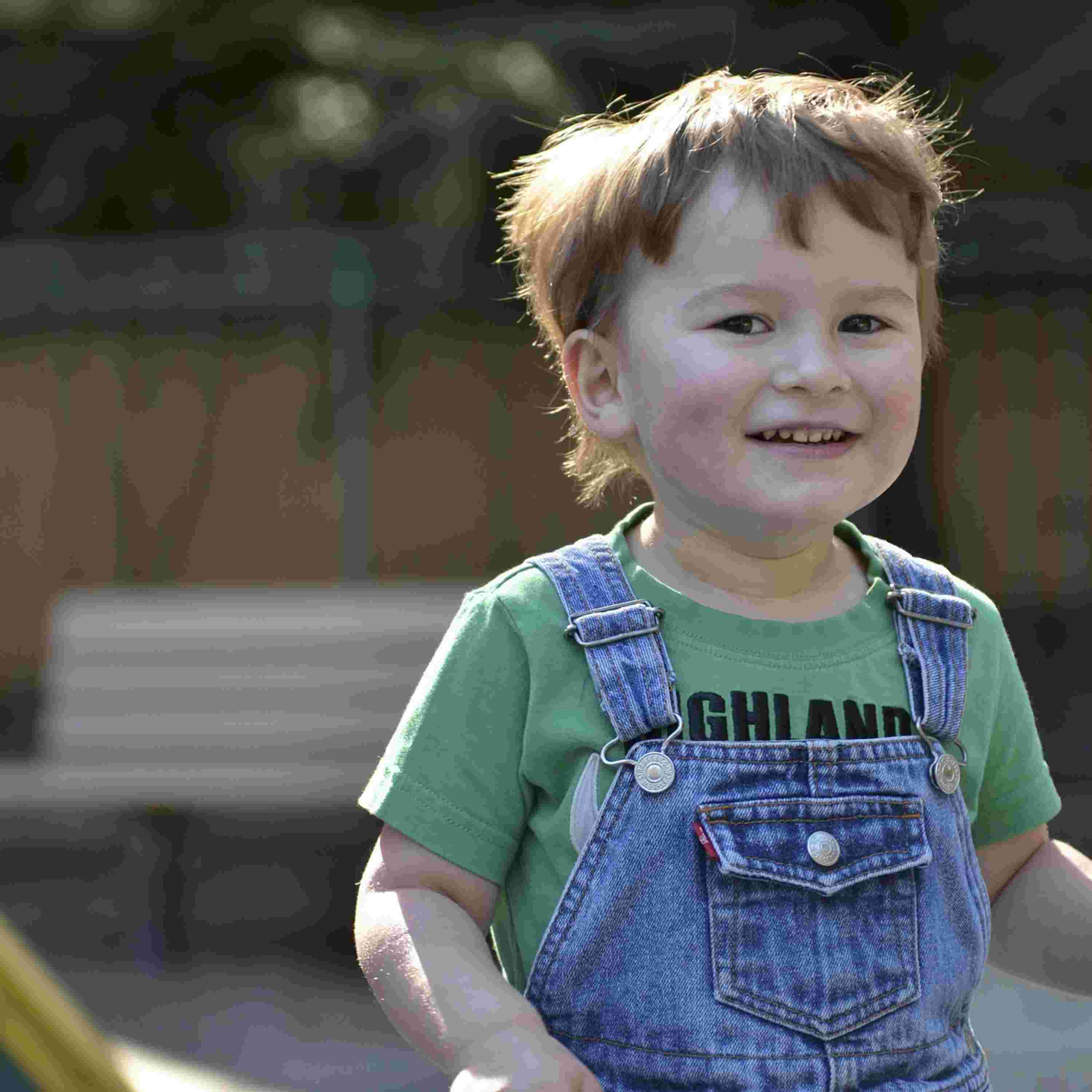

In order for children to encode, map, and learn novel words they must first take in and process stable sound representations from words they hear in their environment. Researchers have long identified that children with neurodevelopmental disorders have difficulty with this task. It has been especially observed in children with autism. It has also been known that sufficient sleep in adults, and children, supports memory and learning. Until recently researchers were unaware of how the sleep-learning connection played out in children who have autism.
Recent work by Victoria Knowland and colleagues has begun to shed some light on the sleep-learning connection in children with autism. Their study evaluated 77 children ages 7 to 13, "30 of which were classified as having high autism symtomatology." The children in the study were all exposed to new phonological (word-sound) mappings in the mornings and their performance was monitored via repetition over a 24 hour period. The children also participated in a poloysomography study each night after they learned the new words. All children were followed up with 4 weeks later.
Overall, the researchers found that children's sleep was found to have a positive impact not only the trained words, but it was also seen to be extended to new word items as well. The improved results, especially with generalization to new learning was observed to be heightened during REM sleep.
Wonder if your child is sleeping enough? Here are the current sleep recommendations by age.
1-4 Weeks Old: 15 - 16 hours per day
1-4 Months Old: 14 - 15 hours per day
4-12 Months Old: 14 - 15 hours per day
1-3 Years Old: 12 - 14 hours per day
3-6 Years Old: 10 - 12 hours per day
7-12 Years Old: 10 - 11 hours per day
12-18 Years Old: 8 - 9 hours per day
Reference: Knowland, V.C.P, Fletcher, F., Henderson, L., Walker, S., Norbury, C.F., Gaskell, M.G., (2019). Sleep Promotes Phonological Learning in Children Across Language and Autism Spectra. Journal of Speech, Language, and Hearing Research, 62(12), 4235-4255.